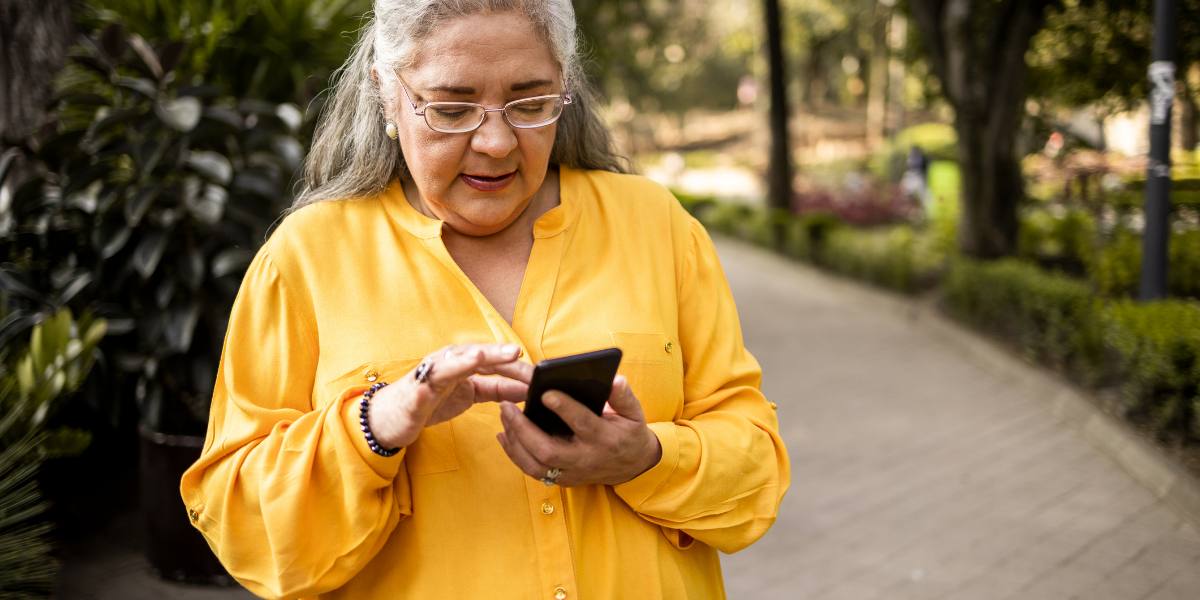Loneliness and anxiety can trigger smartphone and social media addiction among young night owls, latest evidence has revealed.
Young people with anxiety and feelings of loneliness are more likely to develop problematic relationships with smartphones and social media if they stay up late doomscrolling – spending an excessive amount of time reading large quantities of user-generated content or news.
Problematic smartphone use involves psychological and behavioural dependence on smartphones, characterised by addictive patterns, antisocial use and negative consequences on social, academic and professional functioning.
- Staying social in later life may protect against dementia
- Social media influencers raking in thousands for promoting weight loss jabs
- Poor mental health triggered by alcohol and social media
Social media addiction is the obsessive use and focus on social media websites and apps, even though the use causes negative consequences.
Data has shown that almost 40% of students in the UK display signs of a social media addiction, particularly young females.
Prior studies have revealed that night owls are at greater risk of developing depression and addictive behaviours, as well as having poor sleep quality.
Researchers from the University of Portsmouth and the University of Surrey looked at the sleeping patterns, smartphone and social media use and mental wellbeing of 407 young adults, all of whom were aged between 18 and 25. Each participant was surveyed during the trial.
The study found that smartphone and social media use was used as coping strategies for the participants with anxiety and feelings of loneliness.
Senior author Dr Anna-Stiina Wallinheimo said: “Our findings point to a vicious cycle. Young adults who are naturally more active in the evening often find themselves socially out of sync, which may lead to feelings of loneliness and anxiety.
“Many then turn to smartphones and social media to cope, but unfortunately, these tools can make things worse, not better.”
She added: “This research fills a crucial gap in the literature. While we’ve known that night owls are more vulnerable to problematic technology use, we haven’t understood why. Now we can see that emotional factors – especially loneliness – are playing a significant role.
“These young people aren’t using technology just because it’s available, they’re using it to try to soothe emotional discomfort. The tragedy is that it often deepens their distress instead.”
- Prediabetes more common among adolescents with poor social determinants of health
- Race and social vulnerability are risk factors for worse glycaemic control
- Food industry enlisting dietitians to ‘do their marketing for them’ on social media
Co-author Dr Simon Evans said: “Rather than simply telling young people to spend less time on their phones, we need to address the reasons behind their usage.
“That means providing effective strategies to manage loneliness and anxiety – particularly during late evening hours when support services are limited, and feelings of isolation can be more intense.”
Dr Wallinheimo concluded: “Increased awareness of these underlying mechanisms could lead to far more effective interventions.
“If we can help young people understand that their phones and social media feeds aren’t the solution to loneliness or anxiety but part of the problem, we might begin to turn the tide.”
Read more in the journal PLOS One.




